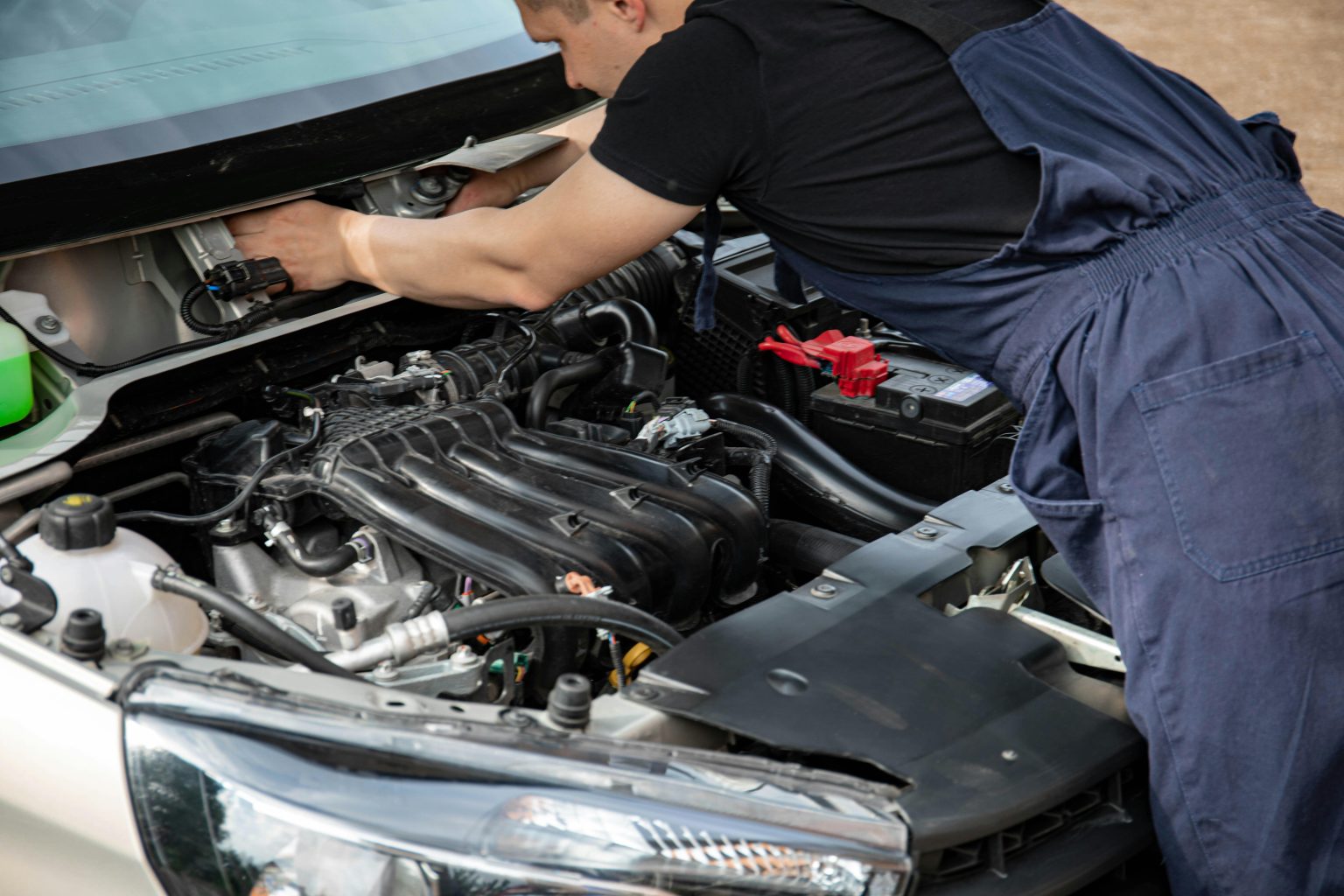There’s something almost poetic about driving—a rhythm between motion and stillness, speed and control. But beneath that rhythm lies a system that keeps everything in balance: your brakes. They are the unsung protectors of every journey, quietly doing their job until the moment you need them most. Yet despite their critical role, brake repair is often one of the most neglected aspects of car care.
Many drivers assume that if their car still stops, their brakes must be fine. The truth is, brake systems can deteriorate silently, long before obvious signs like squeaking or grinding appear. Understanding why brake repair is essential, and making it part of your regular maintenance, is not just about car health—it’s about your safety and peace of mind.
The Invisible Wear That Happens Every Drive
Every press of the brake pedal sets off a chain reaction of controlled friction. Pads press against rotors, slowing your wheels and converting motion into heat. Over time, that heat causes gradual wear, thinning out pads and warping rotors. You might not notice it at first, but your stopping distance increases inch by inch.
Brake deterioration doesn’t happen overnight—it creeps up quietly. What feels like “normal braking” can, over months or years, transform into dangerous inefficiency. By the time you sense something’s wrong, it could already be compromising your ability to stop safely. Regular brake repair helps catch this invisible wear before it becomes a visible problem.
The Subtle Signs Your Brakes Are Asking for Help
Brakes don’t usually fail without sending warnings first, but those warnings aren’t always dramatic. You might hear a faint high-pitched squeal, feel a slight vibration when stopping, or notice your pedal feels softer than usual. Some cars even emit a metallic scraping sound—a last-ditch signal from built-in wear indicators telling you it’s time for new pads.
Ignoring these early signs is like ignoring a whisper before it becomes a shout. When you bring your vehicle in for a regular brake inspection, technicians can identify problems that you might not detect. A small adjustment today prevents a major failure tomorrow.
The Science Behind Stopping Power
Brakes are not just mechanical parts; they’re systems of balance and precision. They rely on friction, pressure, and hydraulic fluid to function in perfect harmony. If one part of that system is compromised, the entire operation weakens.
Brake fluid, for example, absorbs moisture over time. Even a small amount of water contamination can reduce its boiling point, making your brakes less responsive during heavy or prolonged use. Similarly, uneven rotor wear can cause your car to pull to one side, forcing your tires and suspension to overcompensate.
Brake repair restores this balance, ensuring each component supports the others seamlessly. It’s not just about replacing parts—it’s about recalibrating a finely tuned safety system.
Why Routine Brake Care Saves More Than Money
Skipping brake maintenance might save a few dollars today, but it could cost you thousands later—or worse, your safety. A worn-out pad left unchecked can grind against the rotor, damaging it beyond repair. Replacing both components can cost two or three times as much as a simple pad replacement.
But beyond the financial side, neglected brakes can reduce your car’s overall performance. When brakes drag or stick, your engine has to work harder, decreasing fuel efficiency. You might even feel resistance while accelerating. Regular brake repair prevents this kind of “silent strain,” helping your car run smoother and more efficiently.
The Expert Advantage
There’s a reason experienced car owners trust professionals for brake care. Modern vehicles have evolved beyond simple hydraulic systems. Today’s braking technology includes anti-lock braking systems (ABS), traction control, and even electronic sensors that communicate with your car’s onboard computer.
A certified shop has the specialized tools and training needed to handle these systems accurately. Professionals don’t just replace worn components—they test, calibrate, and fine-tune the entire system to match factory performance. The result is braking that feels crisp, consistent, and dependable in any driving condition.
The Emotional Side of Brake Confidence
There’s a unique kind of peace that comes with knowing your brakes are in perfect condition. It’s the calm confidence when traffic suddenly stops ahead, or when a deer crosses the road at night. You don’t have to hope your car will stop—you know it will.
That confidence changes how you drive. You stop worrying about “what if” scenarios and start focusing on the road itself. Reliable brakes make every drive more controlled, and control makes every drive more enjoyable.
Integrating Brake Care Into Routine Maintenance
Brake care doesn’t need to be complicated. The key is consistency. Most experts recommend brake inspections at least once a year, or every 10,000 to 12,000 miles. But if you frequently drive in heavy traffic, mountainous terrain, or with a full load, more frequent checks are wise.
A thorough inspection doesn’t just involve checking pad thickness. It includes examining rotors, calipers, brake lines, and fluid quality. The goal is to detect wear before it affects your driving experience. Preventive maintenance keeps your brakes ready for whatever the road throws your way.
The Connection Between Brakes and the Bigger Picture
Your braking system isn’t just about your car—it’s about your relationship with the road. A well-maintained car feels different: smoother stops, quieter rides, and sharper responses. When your brakes are in top shape, the entire vehicle feels younger, more agile, and more reliable.
More importantly, good brakes protect more than you—they protect everyone around you. Every stoplight, every school crossing, every wet highway lane relies on that same system to perform perfectly, every time.
Conclusion
Brake repair is often thought of as a chore, but it’s really an act of responsibility—and self-care. It’s the quiet assurance that your car will always listen when you tell it to stop. It’s the difference between control and chaos, safety and risk.
By including brake repair in your regular vehicle checkups, you preserve not just the function of your car, but your safety, confidence, and peace of mind. Professionals like Elite Automotive understand that brakes are more than mechanical parts—they are the heart of safety in motion.
Taking care of your brakes is taking care of your journey. Every time you stop smoothly and safely, it’s proof that prevention always pays off.


